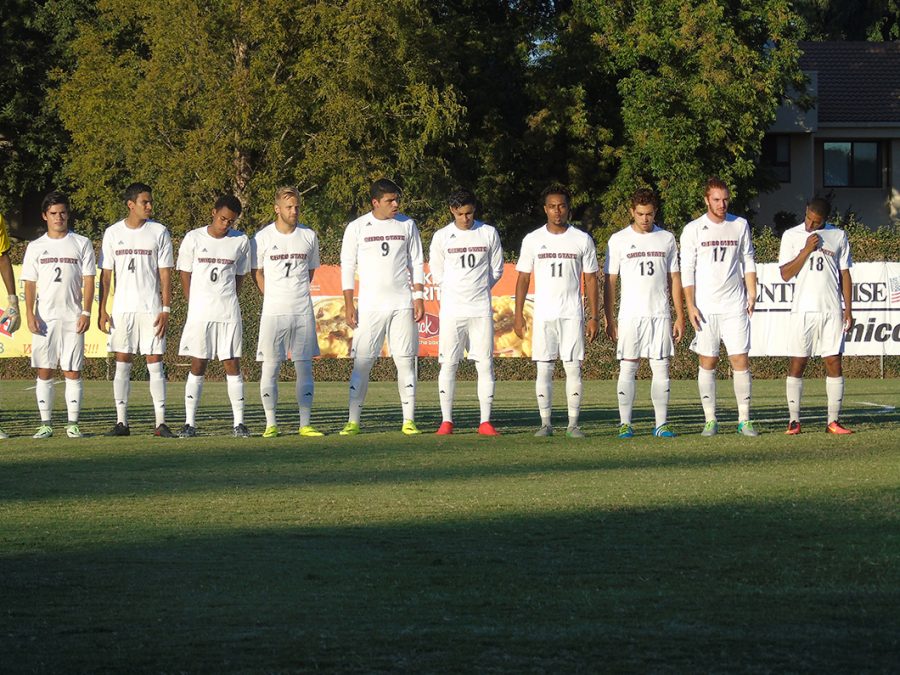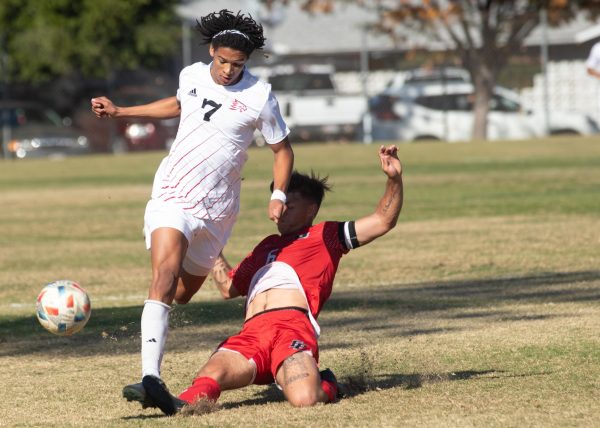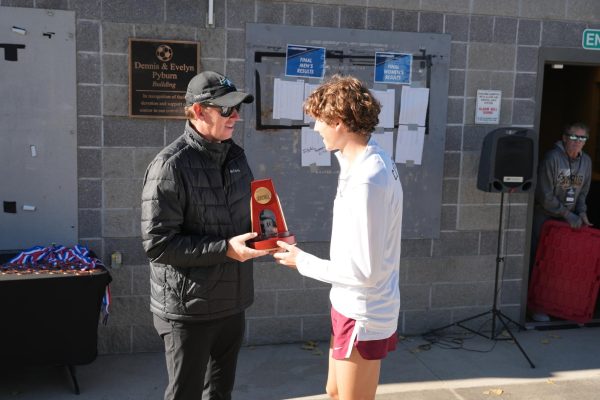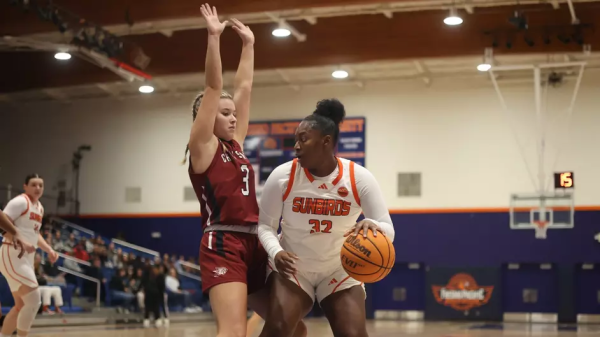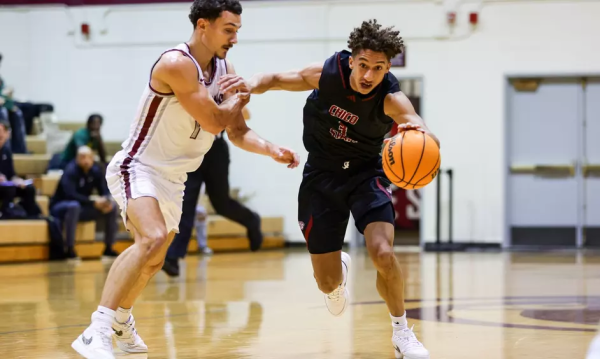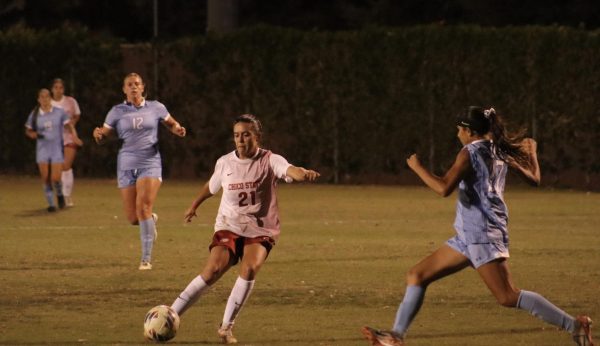Student or athlete, which one comes first
While every person has their daily routine, there is hardly any extracurricular as demanding as playing a sport at the collegiate level.
From completing homework after brutal practices, to the fear of an exam on game day, student athletes compete on the field just as much as in the classroom.
Collegiate level athletes have to think about the possibility of continuing on to a professional league or using their degree. For senior forward Omar Nuno, the former is more enticing.
“Since I started soccer, my dream was to go pro,” Nuno said. “Obviously I have to have my major too and rely on it if it doesn’t work out, but if I have the choice to keep playing soccer then I’m going to.”
As some athletes contemplate the next step in their career, others are just trying to balance class time with practice. The general trend of athletes is to balance their school schedule around their practices, but when they conflict it can cause their grades or performance to suffer.
As most students fear skipping class or missing a test, student athletes accept it as a regular occurrence that can make or break their grade. With their academic future hanging in the balance based on a professor’s decision to accept practice as an excuse, the stress of student athletes continues to rise.
Senior forward Rajaee DeLane found his schedule to be manageable because of his good communication with his professors and his respectful actions in the classroom.
“Organization is really important, but when you have to leave a class early to make practice or a game, then it helps to tell the professor beforehand,” DeLane said. “There’s a level of respect you have to have as a student athlete, you represent your team and school.”
While professor’s may accept a couple instances of cutting class to make practice, the athletes still have to worry about the work they’ll return to or miss while on the road. The key to keeping their mind on the game and not their assignments is focus according to junior midfielder Carter Johnson.
“Soccer for me is really a lifestyle. When I go to class, then I’m focused on that class, but everything else is about getting back on the field,” Johnson said.
Even meals are a major decision for student athletes, as they have to consider when and what they eat through the day. Head coach of men’s soccer Felipe Restrepo said that he believed their diet to be a critical part of their performance.
“They need to eat breakfast and be able to have snacks throughout the day,” Restrepo said. “You can’t run on nothing and you’ll get sick if you’re practicing without anything in your system.”
With practice, class schedules, professors and the thought of going pro looming over a student athlete, their college experience determines more for their future than the average student. For DeLane, the question of whether being a student or athlete comes first is simple.
“There’s a reason student comes first. You know you need to go to class and focus on school, not the game,” DeLane said.
Kenta McAfee can be reached at [email protected] or on Twitter @KentaMcAfee




